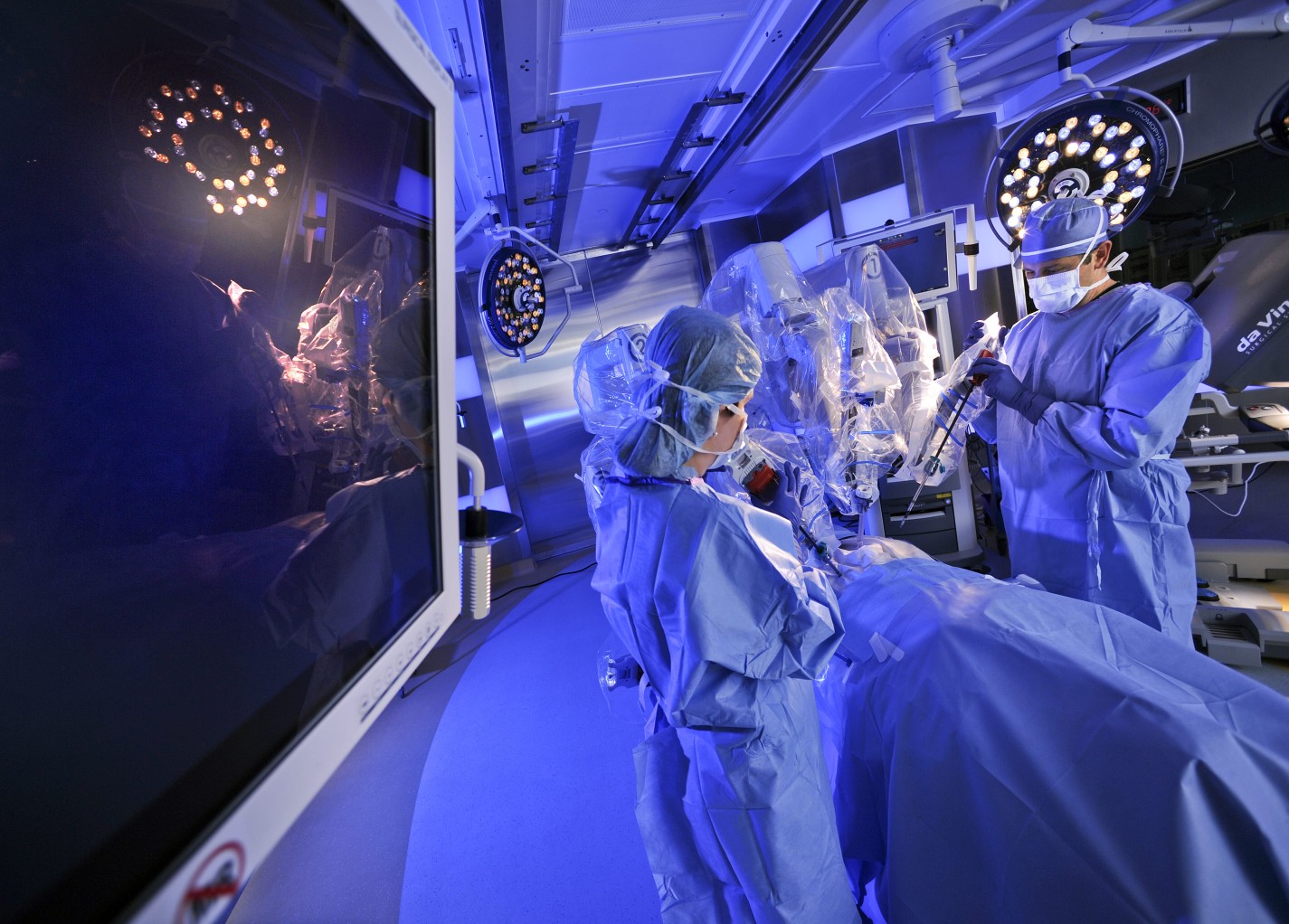
Chemotherapy With a Team You Can Trust
Our nurses and physicians understand the strength and courage it takes to go through chemotherapy. That’s why we’re here to face it with you, standing by your side through the process and supporting you with effective medication and nutritional advice, and encouraging you to keep your spirits high. Together, we’re greater than cancer.





